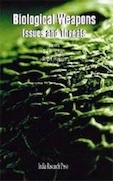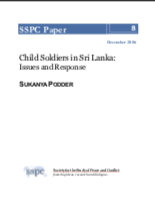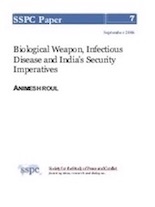Plague Outbreaks in India: Surat and Himachal Pradesh

Within a gap of eight years, the plague has struck twice in India. The outbreaks caused panic and necessitated an urgent assessment of our public health apparatus vis-a-vis our vulnerability towards infectious diseases. Generally speaking, the resurgence of epidemics and their effects on society demonstrated at least three vital national security issues. They are human mobility (cross-border and intra- border movements), transparency, and tensions between states, (which includes the threat of biological warfare).

